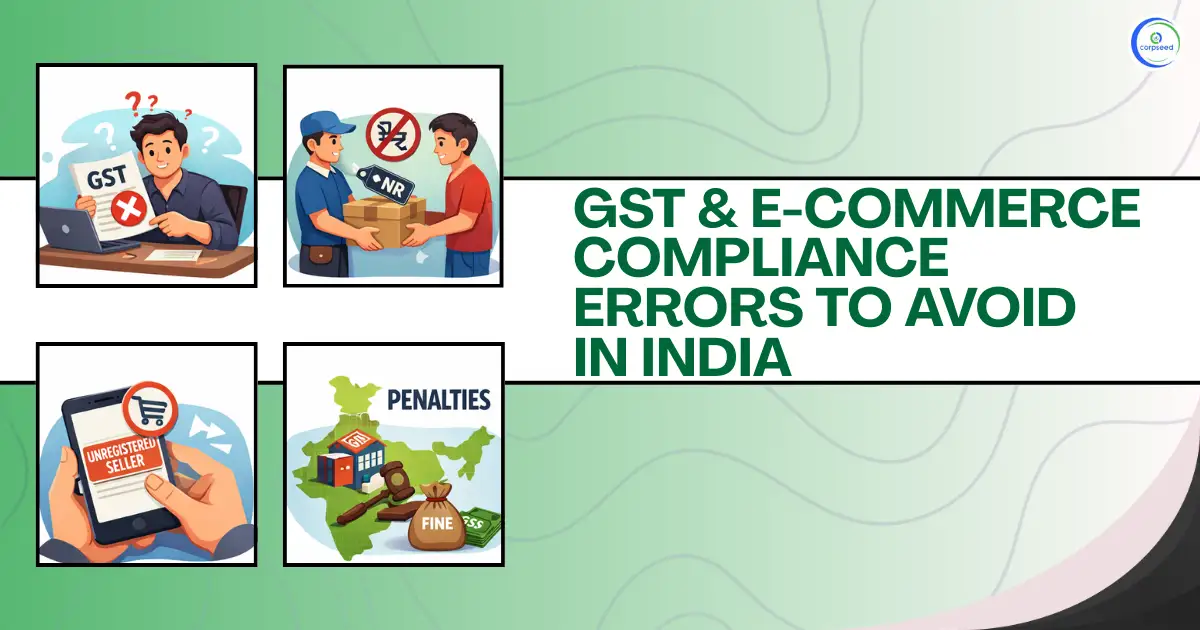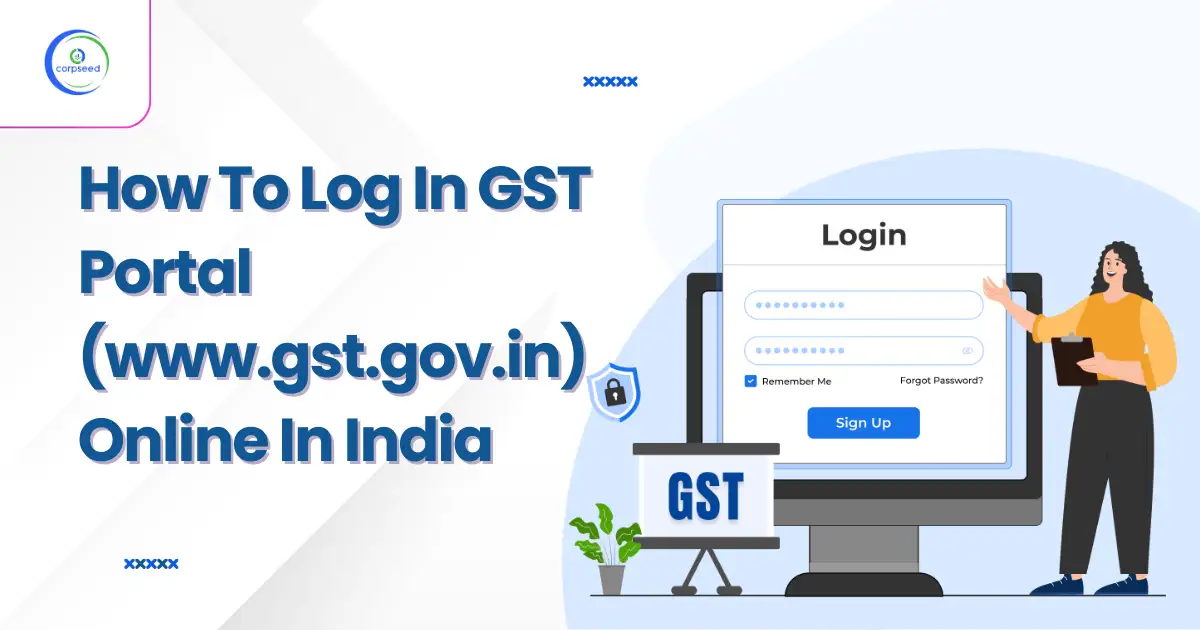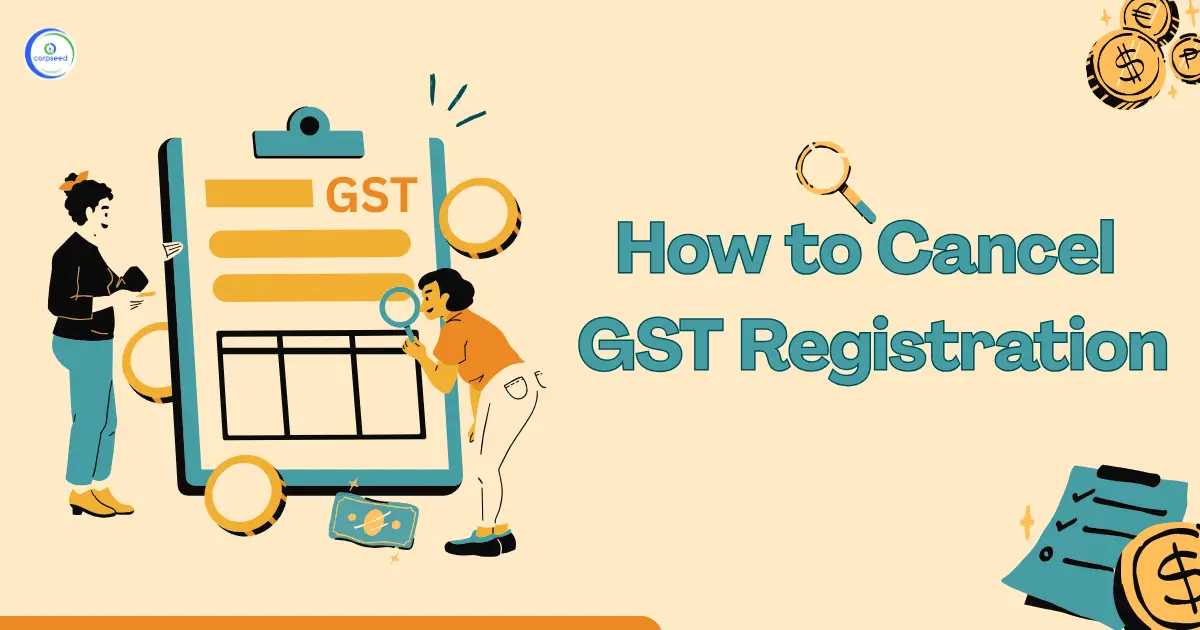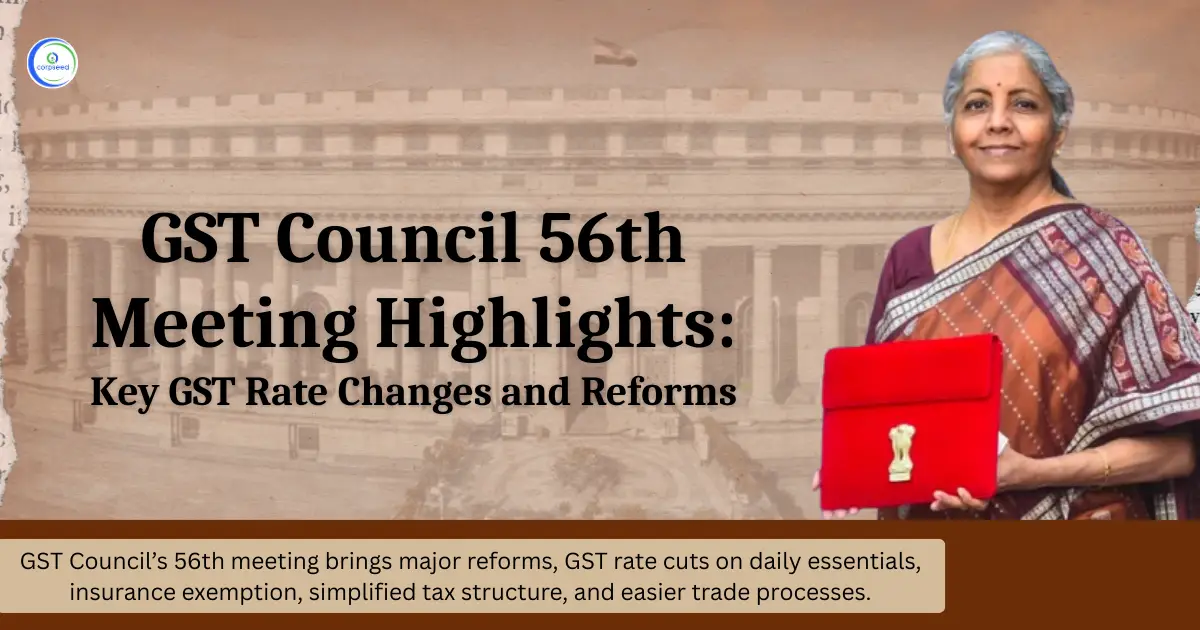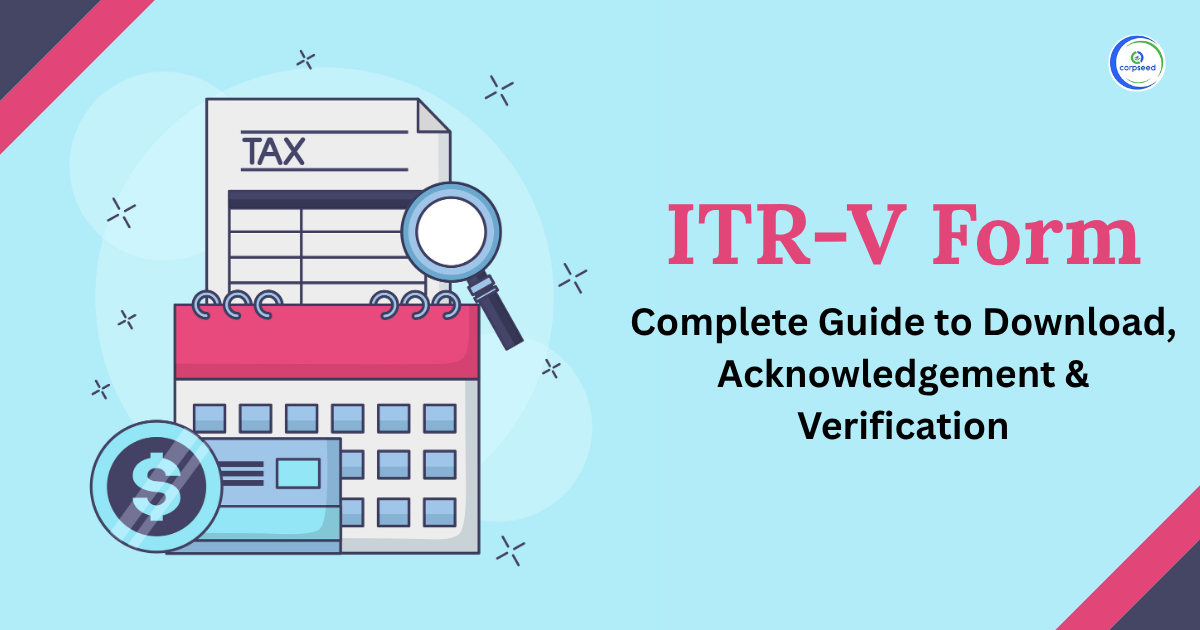Introduction: Eway Bill
A waybill is a document or a receipt provided by a carrier that contains information and instructions connected to the shipment of a consignment of goods, including the name of the consignor, consignee, point of origin, destination, and route.
Table of Contents
--------------Blog Contact Form-------------
The electronic way bill (E-Way bill) is a compliance mechanism in which the person or entity responsible for the movement of goods uploads necessary information digitally before the start of the movement of goods and generates an e-way bill on the GST Portal. The E-way bill mechanism is provided for under Rule 138 of the CGST Rules for 2017.
GST-compliant EWay Bill
A GST E-Way bill is an electronic bill that documents the movement of goods and is generated through the GST site. It is made up of two parts. Component A contains the GSTIN of the receipt, the Pin code, the value of the items, the transport document number, the invoice/challan number, the date, and the purpose for transportation. Component B contains information on the transporter, such as the vehicle number. Every registered person who causes the movement of goods worth more than Rs. 50,000/- is obliged to provide the above listed information in Part A of the e-way bill, as per rule 138 of the CGST Rules, 2017. It is critical that he/she provide the necessary information. Part B, which contains transportation facts and information, aids in the generation of an e-way bill.
Who should be in charge of generating the eWay bill
If the transportation is done by self-owned or rented conveyance, railways, air transportation, or ships, the consignor or consignee must generate an E-way bill. If the products are given to a transporter for road transportation, the transporter is responsible for generating the e-way bill. When neither the consignor nor the consignee generates an e-way bill and the value of the items exceeds Rs. 50,000/-, the transporter is responsible for generating an e-way bill.
Furthermore, regardless of the size of the consignment, if the products are being shipped by the principal in one state to the job worker in another state, the e-way bill shall be generated by the principal rather than the worker.
How the E way bill can be generated
An e way contains 2 parts (Part A and Part B). Part A needs to be furnished by the person who is causing movement of the goods of consignment worth more than Rs. 50,000 and part B (transport information) to be furnished by the person who is being transported the goods. Situation where if the goods are being transported by the registered person either as consignor or recipient, the said person shall have to generate the e-way bill by providing information in part B on the GST portal. Situation where if the e-way bill is not generated by the registered person and the goods are handed over to the transporter for transportation by the road, the registered person shall provide the information relating to the transporter in Part B of FORM GST EWB-01 on the GST portal and the e-way bill should be generated by the transporter on the GST portal on the basis of the information provided by the registered person in Part A of FORM GST EWB-01 on the GST portal.
- The registered person may obtain an Invoice Reference Number from the GST portal by uploading, on the GST portal, a tax invoice issued by him/her in the Form GST INV-1 and generate the same for verification by the proper officer in lieu of the tax invoice and such number shall be valid for a period of 30 days from the date of uploading the information on the GST portal.
- In the above-mentioned case, a registered person will not have to upload the information/details in Part A of Form GST EWB-01 on the GST portal for the generation of the e-way bill and the same shall be auto-populated by the common portal on the basis of the information furnished in Form GST INV-1 on the GST portal.
- After the generation of the e-way bill on the GST portal, the e-way bill number (EBN) generated by the GST portal, shall be made available to the recipient, the supplier, and the transporter of the GST portal.
- The details/information of the e-way bill generated on the GST portal shall be made available to the recipient, if registered, on the GST portal, who shall communicate his/her acceptance or rejection of the consignment covered by the generated e-way bill. In the case where the recipient does not communicate his/her acceptance or rejection within 72 hours of the details being made available to him/her on the GST portal, it shall be deemed that he/she has accepted the said details/information.
Purpose/Motive of the eWay Bill
E-way bill is a mechanism introduced to ensure that goods that are being transported must comply with the GST law and is also an effective tool to keep track of the movement of the goods and check tax evasion.
Validity of the eWay bill
The validity of the E-way bills depends on the distance travelled by the goods. If a distance is less than 100 kilometers, then the validity of the e way bill is for 1 day. For every additional 100 kilometers, there will be an addition of 1 day from the relevant date. The relevant date refers to the date on which the e-way bill has been generated. In general, the validity of the e-way bill cannot be extended. If under circumstances of any exceptional nature, the goods cannot be transported within the validity of the bill, a fresh new bill can be generated after updating the details in Part B of Form GST EWB-01.
Cancellation of the eWay Bill
Where the E-way bill is generated but the goods are either not transported or are not transported as per the information/details mentioned in the e-way bill, the e-way bill may be cancelled electronically on the GST portal either directly or through a facilitation centre notified by the commissioner within 24 hours of the generation of the E-way bill. The facility of the generation of E-way bill and cancellation of the E-way bill will also be made available through SMS service.
Taxation Services
You must abide by customs duty requirements if you are involved in cross-border trade. Corpseed can help you with this process if you want to learn more about determining and depositing duties before the customs authority clears your goods.
TDS Quarterly/Annual Returns
TDS Tax Deducted at Source is a strategy utilized by the Indian government to collect charges. TDS is withheld upon making an instalment by either a company or any person. Control your business's TDS proficiently without overspending.
GST Monthly & Annual Filling
With India's premier GST expert, get your GST registration completed quickly in no time. After registration under Goods And Services Tax (GST) Act, an individual can do business anywhere in India.
This portion of the site is for informational purposes only. The content is not legal advice. The statements and opinions are the expression of author, not corpseed, and have not been evaluated by corpseed for accuracy, completeness, or changes in the law.
BOOK A FREE CONSULTATION
Get help from an experienced legal adviser. Schedule your consultation at a time that works for you and it's absolutely FREE.


